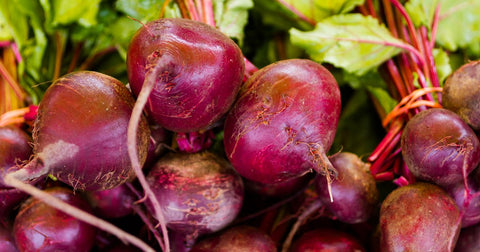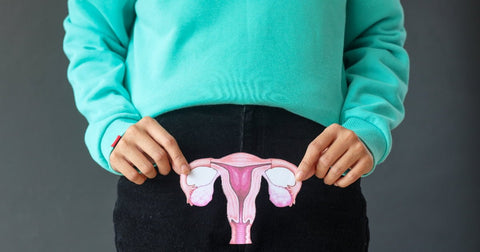Ever experienced a startling surprise in the bathroom after indulging in a delicious beet salad or a refreshing beet juice? You're not alone! If you've ever wondered, "Do beets make your poop red?" or "Can beets make your poop red?" the answer is a resounding yes.

But don't worry, this colorful phenomenon is generally harmless. Let's delve deeper into the science behind it and explore other related questions you might have about beets and your digestive health.
Can Beets Make Your Poop Red? The Science of Beeturia
Beets get their vibrant hue from a pigment called betanin. This pigment is remarkably resistant to being broken down by your digestive system. In some individuals, a portion of the betanin remains intact and is excreted in your urine and feces, giving them a reddish or pinkish tinge. This phenomenon is called beeturia.
Do Beets Make You Poop? Exploring the Digestive Effects
While beets themselves don't directly cause you to poop, they can influence your bowel movements due to their high fiber content. Fiber adds bulk to your stool and helps regulate your digestive system. So, if you're not used to consuming a lot of fiber, beets might indeed increase your frequency of bowel movements.
Does Beet Juice Make Your Poop Red? The Liquid Link

Absolutely! Beet juice, even more so than whole beets, can lead to red-tinged poop. This is because the juice contains a concentrated amount of betanin, the pigment responsible for the color change.
How Long Does Poop Stay Red After Eating Beets? The Duration of Beeturia
The duration of beeturia varies depending on the amount of beets consumed, your individual metabolism, and other dietary factors. In most cases, the red color in your poop should disappear within 1-2 days. However, for some people, it might last longer, up to 3 or even 4 days.
Beyond Beeturia: Other Factors Affecting Stool Color
While red poop after eating beets is usually harmless, it's important to be aware of other factors that can influence stool color:
- Food Coloring: Artificial food coloring in certain foods and drinks can also cause your stool to turn red.
- Medications: Some medications, such as antibiotics or iron supplements, can affect stool color.
- Blood: In some cases, red stool can indicate blood in the digestive tract. If you notice bright red blood or if the red color persists for more than a few days, it's crucial to consult a doctor immediately.
Food Intolerance: A Potential Culprit for Digestive Discomfort
If you experience any digestive symptoms like bloating, gas, diarrhea, or constipation after eating beets or other foods, a food intolerance or sensitivity might be contributing to your discomfort.
A food sensitivity test can help identify specific trigger foods, allowing you to make informed dietary changes and improve your overall digestive health.

Key Takeaways
- Beets can indeed make your poop red due to a pigment called betanin.
- This phenomenon, known as beeturia, is generally harmless and temporary.
- The duration of beeturia varies but typically lasts 1-2 days.
- Other factors, including food coloring, medications, or blood, can also affect stool color.
- If you experience persistent or concerning changes in your bowel movements, consult a doctor.
- If you suspect food intolerances, consider a food sensitivity test to identify triggers and optimize your digestive health.
Remember, your gut health is crucial to your overall well-being. While beeturia is typically nothing to worry about, paying attention to your body's signals and seeking medical advice when needed is always wise.
Frequently Asked Questions:
1. Is red poop after eating beets a cause for concern?
Generally, no. Beeturia, or red poop after consuming beets, is usually harmless and temporary. However, if you experience other symptoms like abdominal pain, changes in bowel habits, or blood in your stool, consult a doctor.
2. Can other foods besides beets cause red poop?
Yes, other foods with red or purple pigments, like cranberries, red gelatin, or certain food coloring, can also temporarily tint your stool.
3. How can I differentiate between beeturia and blood in my stool?
Beeturia typically causes a pinkish or reddish hue throughout the stool, while blood in the stool might appear as bright red streaks or a darker, tarry appearance. If you're unsure, it's always best to consult a doctor.
4. Are there any ways to prevent beeturia?
There's no foolproof way to prevent it, as individual sensitivity to betanin varies. However, cooking beets might slightly reduce the amount of pigment absorbed, and peeling them before eating can also help.
5. I'm concerned about the possibility of a food intolerance causing my digestive symptoms. What should I do?
If you experience digestive issues after consuming beets or other foods, consider taking a food sensitivity test to identify potential triggers. This can help you make informed dietary choices and improve your gut health.


.png?v=1737390083)
.png?v=1737187409)


